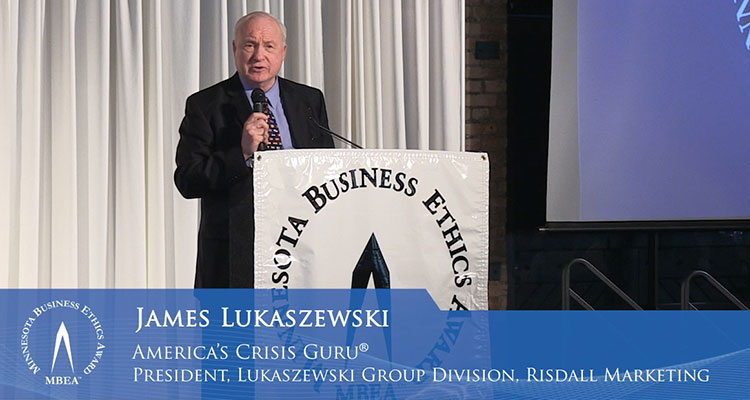The legal process lasted close to six years. During the trial a rather typical corporate scenario unfolded:
It was a story of mismanagement, misunderstandings, bad decisions, good people and bad people acting together, consciously ignoring ethical principles and legal restrictions, obeying the questionable instructions of those in charge, willfully ignoring the very clear and explicit rules and regulations prohibiting the unapproved alteration of medical products.
This tragedy began the way many of these scenarios often do, at the top of the organization. Someone up top, maybe feeling extraordinary competitive pressure, or just wanting to beat the competition, sent out word to “do whatever it takes” to keep sales up, costs down and customers satisfied. This simple command led to the company’s prosecution and conviction.
At the time, it was the largest product adulteration fine in FDA history. Six people did go to prison; when it became obvious that the Justice Department simply couldn’t hold up the charges that got George indicted, George was acquitted by the judge. He left the courtroom, went home and retired the next day.
At the trial’s conclusion, I helped draft the company president’s allocution -- fans of Law & Order will recall that this is a part of the trial where the perpetrator takes a guilty plea, but still must say out loud in open court the nature of the crime and take responsibility for it. This is also the part of the trial where the victim’s families and survivors speak directly to the court to put the tragic stories of their loved ones on the record, and talk directly in the faces of the perpetrators.
As I recollect, the allocution was around 2000 words and was a detailed oral admission to the counts in the indictment. The allocution process is pretty straight forward. If you want the deal, you have to say the words out loud, in public, no matter how painful or embarrassing they might seem to be.
The Boston Federal Court noted as a part of its sentencing opinion, “the pervasive and powerful corporate culture which exalted the value of profit above the value of human life.” The FDA commented similarly that there was not a single public whistleblower in the case, and that the officers and management of the company were “morally responsible for a corporate culture which placed potential profit above the value of human life.”
The company was put under very rigorous supervision for four years. Its Board established a new Regulatory Compliance Subcommittee; a new position, Senior Vice President for Scientific Affairs, was established to oversee all regulatory activity, and the company’s compliance apparatus was entirely overhauled. I continued to work for several years with the Office of Scientific Affairs, establishing a new compliance program and structure.
At the end of the trial, I do recall a meeting that involved the principal attorneys, consultants and others including the new Senior Vice President for Scientific Affairs. The meeting began with the president, who didn’t like me, essentially congratulating the team. He talked glowingly about everyone, except me. When he did get to me he said, “And then there is Lukaszewski. Jim, whenever you are around it feels a lot like Sunday school.”
My response, in all seriousness was, “Bill, if my company had just pled guilty to nearly 400 felonies, a little Sunday school is probably in order, don’t you think?” Everyone laughed--except Bill.







